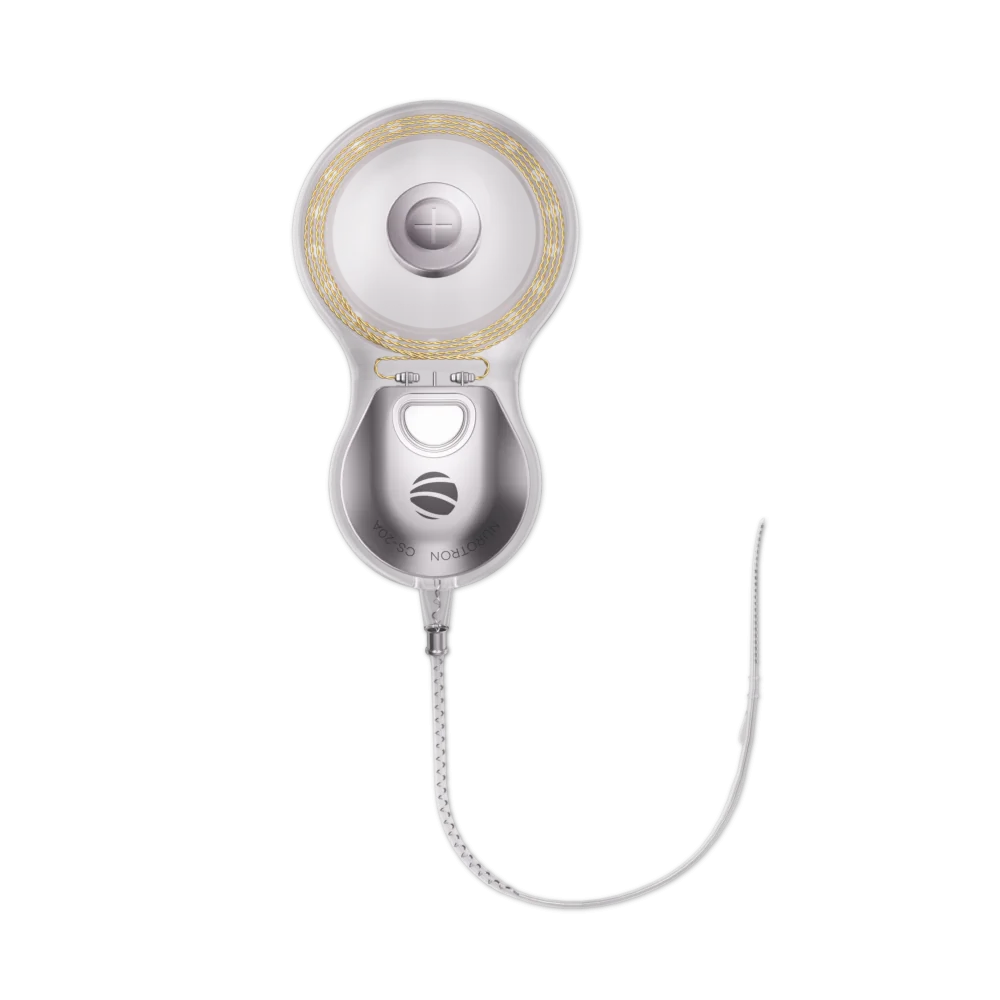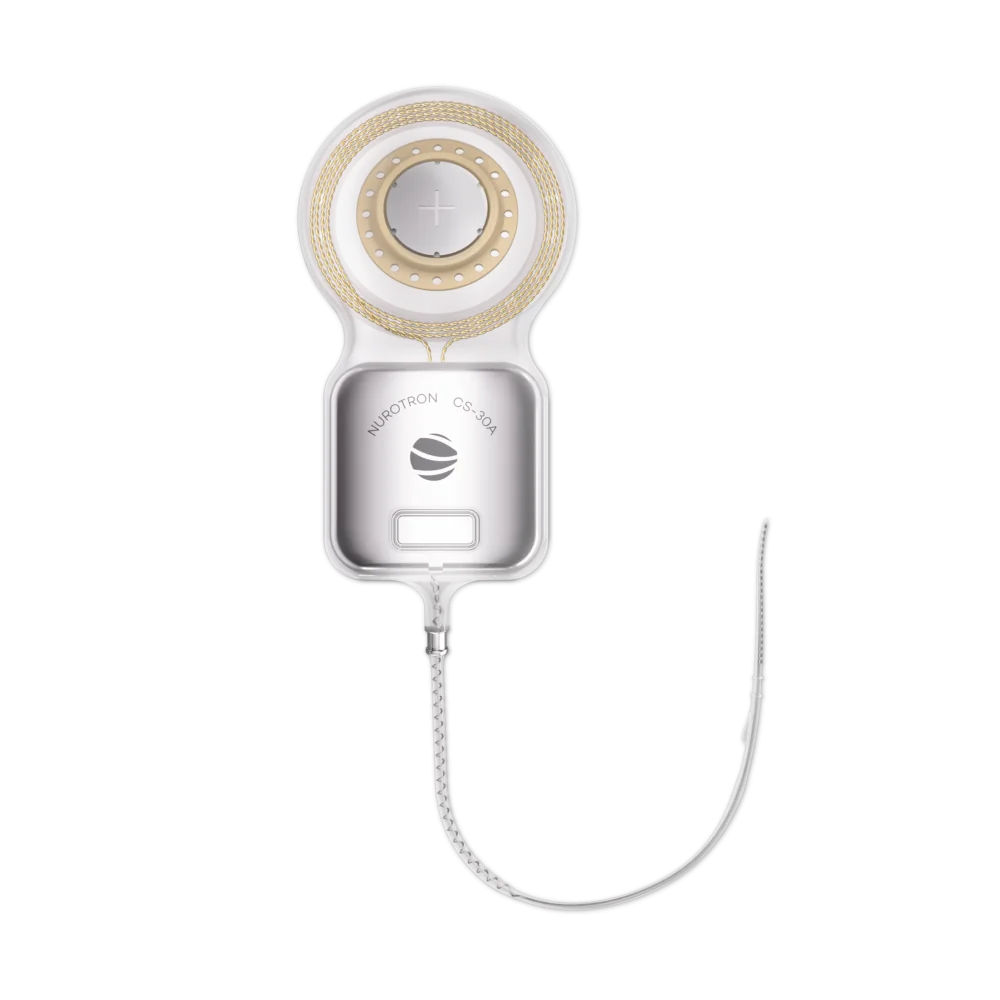According to the World Health Organization, over 430 million people worldwide require rehabilitation for hearing loss, underscoring a significant demand for effective solutions such as hearing loss implants. This staggering statistic highlights not only the prevalence of auditory impairments but also the critical role that innovative technologies play in addressing this global health issue.
The Landscape of Hearing Loss Implants

Hearing loss implants encompass a range of devices designed to improve auditory perception in individuals with varying degrees of hearing impairment. These medical devices are characterized by their advanced technology and adaptability to different user needs. In terms of market attributes, they exhibit features such as increasing consumer awareness, technological advancements, and growing acceptance among healthcare professionals. Furthermore, sales channels for these products have evolved significantly; they now include direct-to-consumer models alongside traditional distribution through audiology clinics and hospitals.
Nurotron’s Role in Sales Channels
Nurotron is a prominent player within the hearing loss implant market that has effectively leveraged diverse sales channels to enhance its reach and accessibility. The company employs a multi-faceted approach by collaborating with healthcare providers while also engaging directly with consumers through online platforms. Nurotron’s strategy includes educational initiatives aimed at both patients and practitioners to foster understanding about cochlear implants’ benefits. Additionally, their partnerships with audiologists facilitate seamless integration into clinical practices, ensuring that potential users receive comprehensive support throughout their purchasing journey.
Characteristics of Cochlear Implant Accessories in Sales Channels
- Diverse Product Range: Cochlear implant accessories vary widely from batteries and chargers to specialized sound processors tailored for specific environments.
- User-Centric Design: Many accessories are designed considering user feedback which enhances usability and satisfaction among recipients.
- E-commerce Availability: A significant portion of cochlear implant accessories can be purchased online, providing convenience for users who may find it challenging to visit physical stores.
- Audiologist Recommendations: Healthcare professionals often recommend specific accessories based on individual patient needs which influences purchasing decisions significantly.
- Sustainability Initiatives: Some manufacturers are focusing on eco-friendly materials for accessory production which appeals to environmentally conscious consumers.
Conclusion
The exploration of hearing loss implants reveals intricate dynamics within their sales channels that reflect broader trends in consumer behavior and technological advancement. Companies like Nurotron exemplify how strategic engagement across multiple platforms can enhance product accessibility while fostering informed decision-making among potential users. As we continue navigating this evolving landscape, it becomes increasingly clear that understanding these market attributes will be essential for stakeholders aiming to meet the growing demands associated with hearing loss interventions effectively.
Click cochlear implant accessory.
